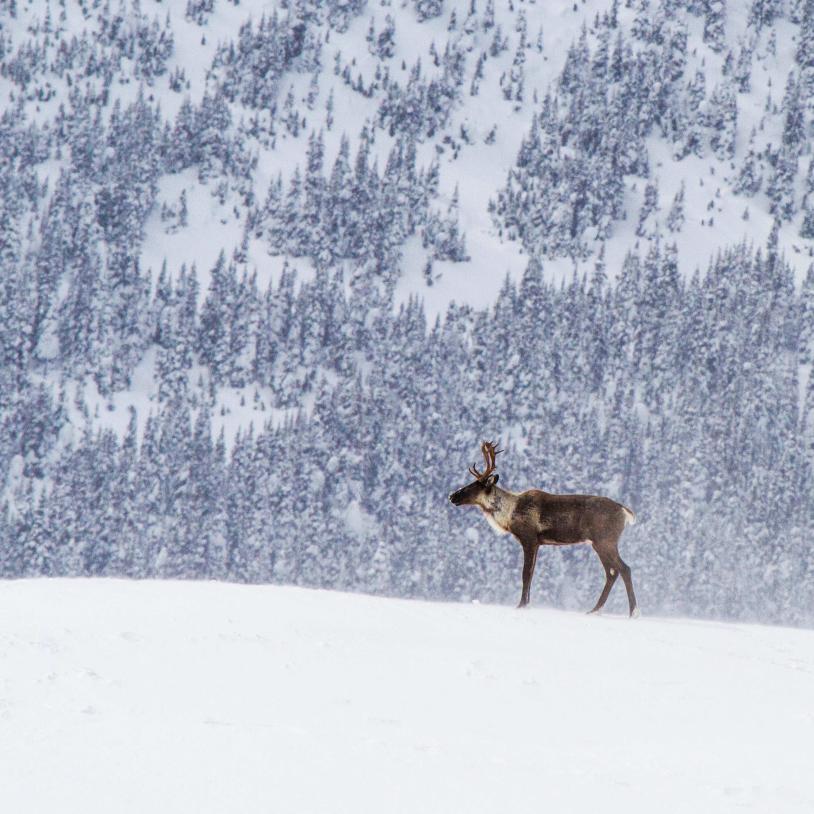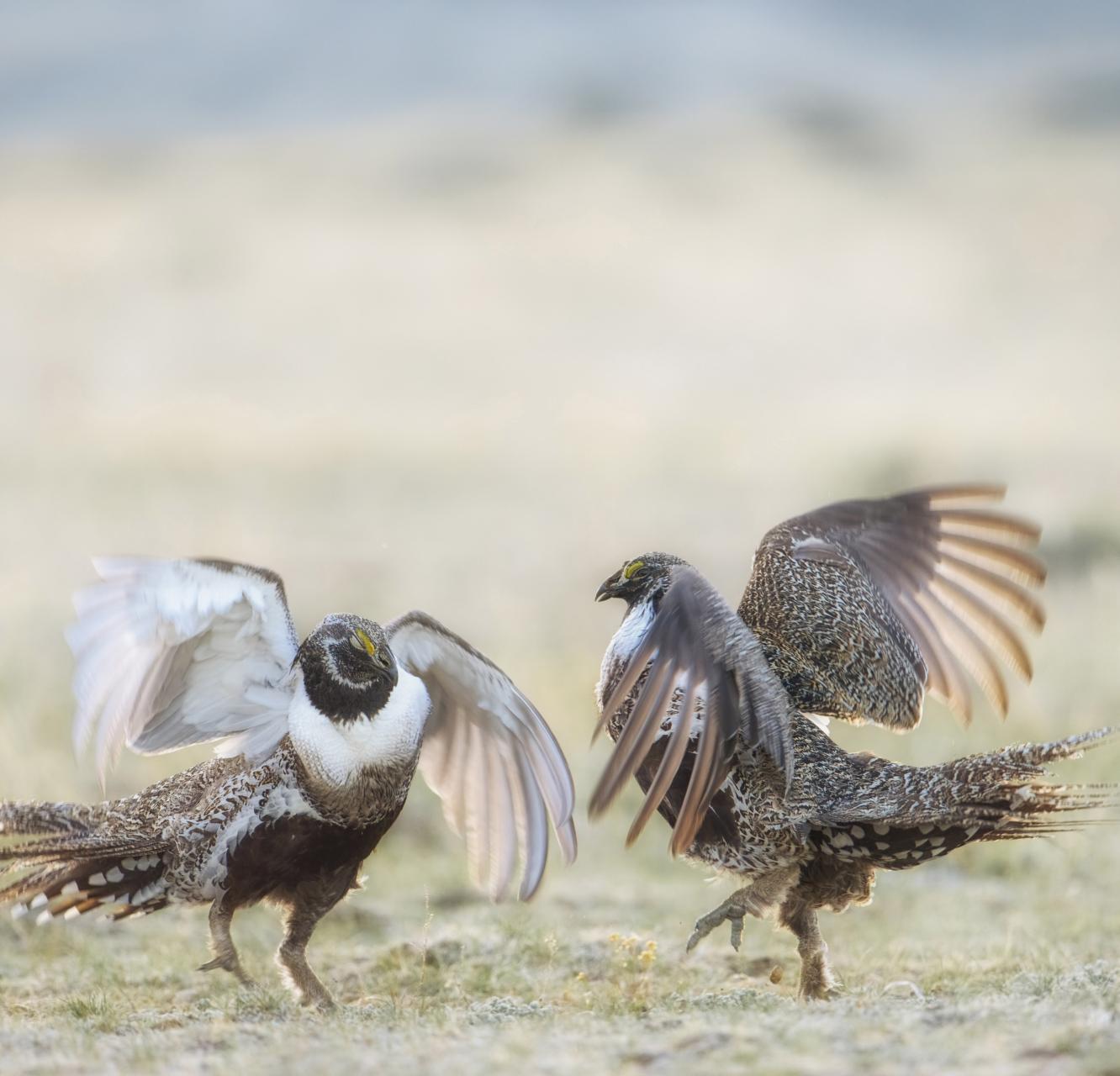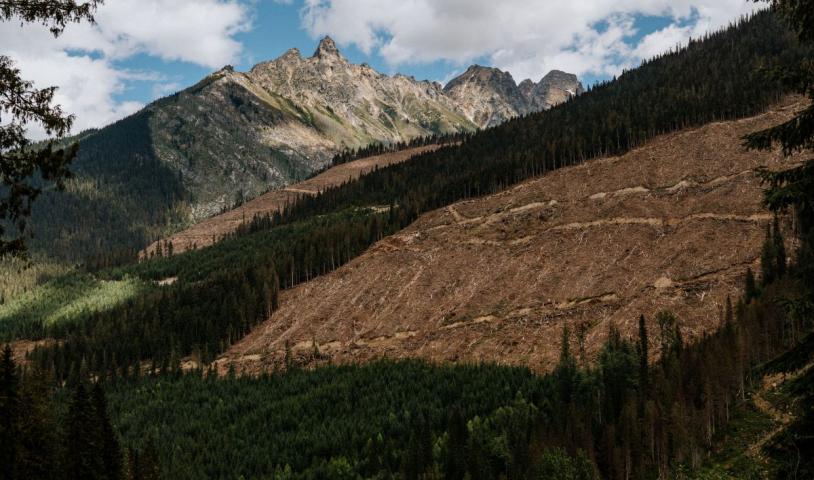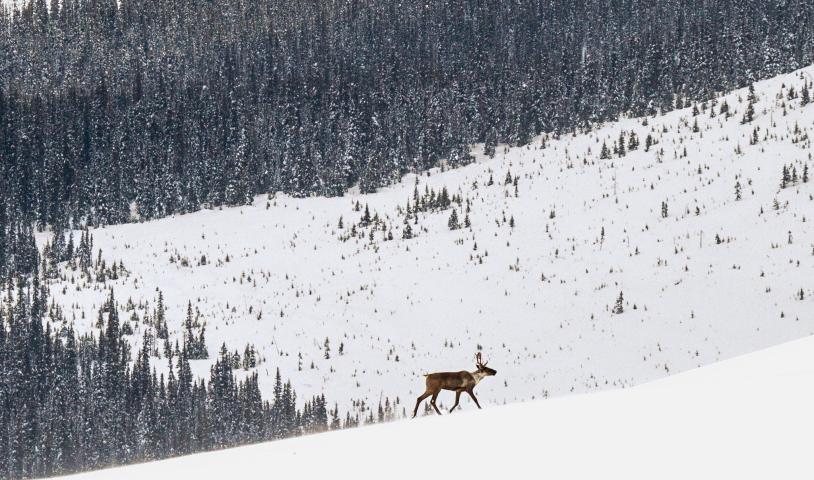Group pushes B.C. no‑fishing zones
Friday, September 11, 2009
Decades of overfishing and habitat destruction are threatening entire ocean ecosystems off the coast of B.C. and it's time governments lived up to their promise to create a network of marine protected areas, says the Western Canada Wilderness Committee, which is spearheading a campaign for better ocean protection.
WCWC campaigner Tara Sawatzky said the provincial and federal governments need to work together toward much wider protection by 2012.
The network of protected areas should include large swaths of no-fishing zones, said Sawatzky.
"We are asking for a planned, scientific network of Marine Protected Areas by 2012. We are asking for 30% of the entire marine habitat to be no-take zones," she said.
"We are not saying no fishing, but there should be some areas which are off-limits to protect ecosystems and biodiversity. There is so much we don't know." Less than 0.01% of the coastal marine environment is protected from all activities, including fishing, Sawatzky said.
Other environmental groups, such as the Living Oceans Society, David Suzuki Foundation and Sierra Club B.C., are also urging more vigorous protection of Canada's oceans and say Canada is not meeting international obligations to protect biodiversity.
Recent research shows a growing dead zone in Vancouver Island's Saanich Inlet, and there are concerns about a potential dead zone in the Strait of Georgia because of decreased oxygen and increased acidity.
Mel Kotyk, Department of Fisheries and Oceans oceans program manager, said work is already under way on a network of Marine Protected Areas.
"A lot of work has been done in a relatively short time," he said.
Off the coast of B.C., the Endeavour Hydrothermal Vents and Bowie Seamount areas are already protected and work on Race Rocks is underway, with a recommendation likely to go to the minister in March, Kotyk said.
Also, Parks Canada is working on national marine conservation areas in Gwaii Haanas and the southern Strait of Georgia and Environment Canada is looking at the Scott Islands, he said.




